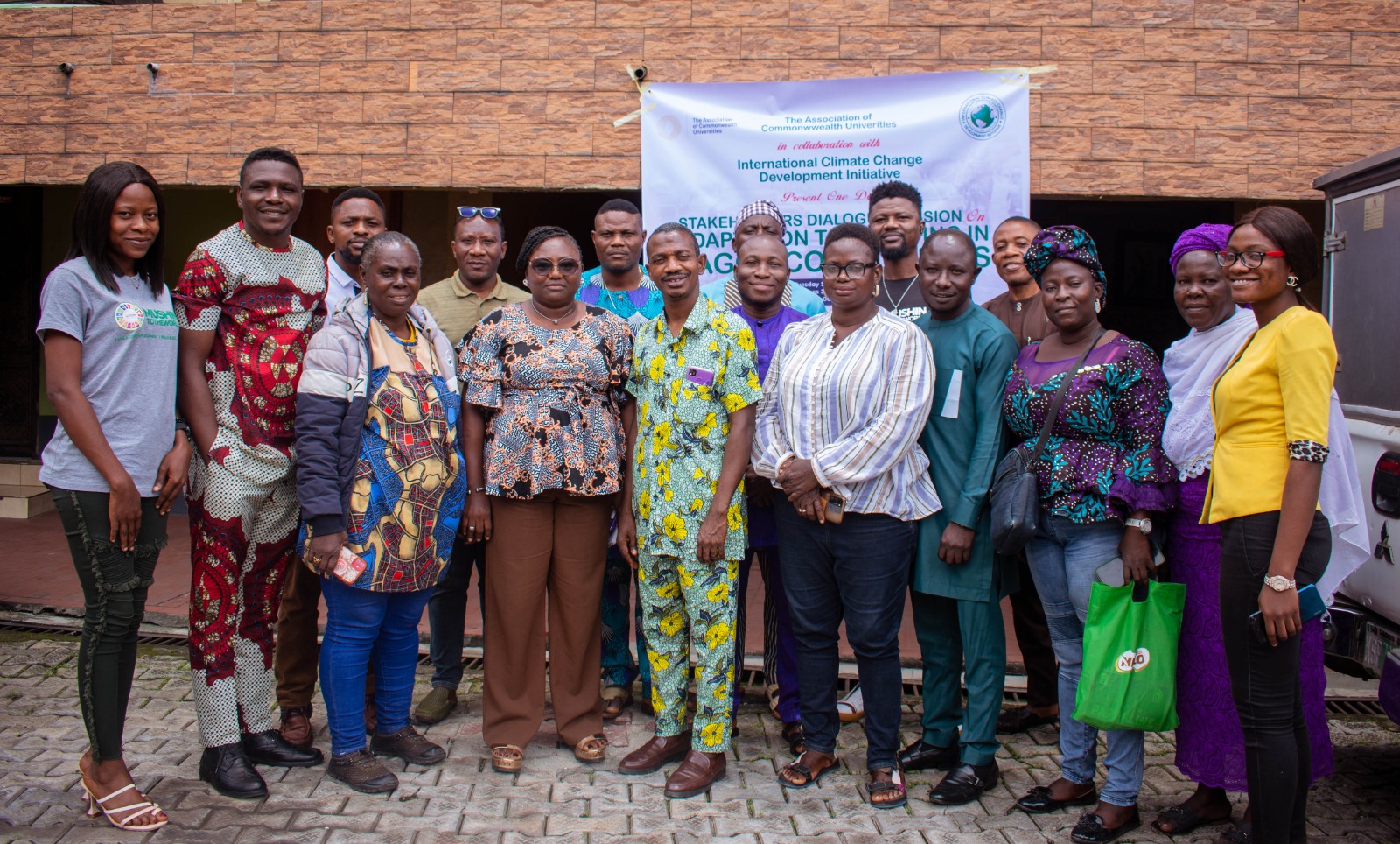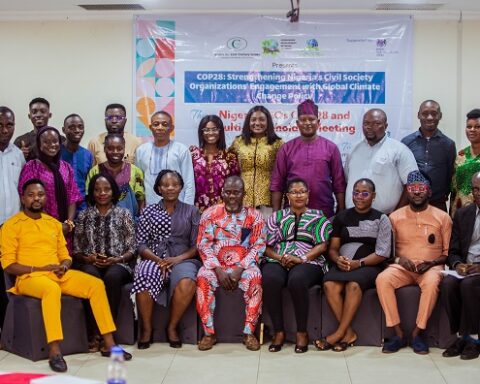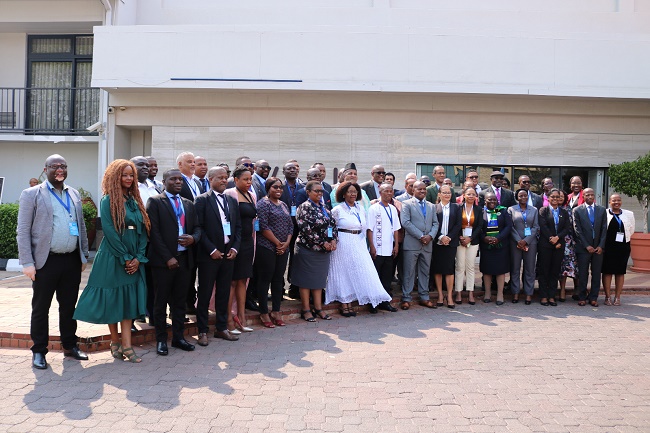The Association of Commonwealth Universities (ACU) has collaborated with the International Center for Climate and Development Initiatives (ICCDI) to organize a dialogue session aimed at addressing the pressing issue of adaptation to flooding in Lagos communities.
The event, brought together stakeholders, including government officials, experts, and community leaders, to discuss effective strategies for mitigating the impact of flooding and building resilient communities.
The focus of the gathering was to foster an inclusive conversation that would lead to practical solutions for the recurrent flooding challenges faced by Lagos communities.
Renowned environmental activist and advocate for climate change awareness, Olumide Idowu, who is the Executive Director of ICCDI, emphasized the urgency of addressing the issue of flooding in Lagos.
He highlighted the devastating consequences experienced by communities affected by flooding and stressed the need for collaborative efforts to find sustainable solutions.
“We cannot ignore the alarming increase in flooding incidents in Lagos. These events have catastrophic effects on communities, leading to displacement, loss of livelihoods, and even loss of lives.
It is crucial that we come together to explore adaptation strategies that will protect vulnerable populations and build resilience,” Idowu stated.
Representing the ACU at the dialogue session was Onyedikachi Ugwu, who expressed the organization’s commitment to working closely with ICCDI and other stakeholders to tackle the challenges faced by Lagos communities in adapting to flooding.
Ugwu highlighted the importance of community engagement and empowerment in developing effective adaptation measures.
“ACU recognizes that adaptation to flooding requires a multi-faceted approach. We must actively involve the communities affected by flooding in decision-making processes and empower them to implement appropriate measures.
Through partnerships and collaboration, we aim to create sustainable solutions that will improve the resilience of Lagos communities,” Ugwu explained.
The dialogue session featured panel discussions, experience sharing, presentations, and interactive workshops, providing a platform for participants to share their experiences, insights, and innovative ideas.
Key topics addressed during the event included early warning systems, infrastructure development, land use planning, and capacity-building initiatives.
Participants expressed their optimism regarding the collaboration between ACU and ICCDI, acknowledging the significance of fostering partnerships to address the complex issue of flooding.
They also stressed the importance of long-term planning, effective governance, and resource allocation to ensure the successful implementation of adaptation strategies.
The dialogue session concluded with a commitment from all stakeholders to continue working together to develop actionable plans for adaptation to flooding in Lagos communities.
The organizers expressed their intention to translate the outcomes of the event into practical projects and policies that would make a positive impact on the lives of those affected by flooding.
By Dare Akogun






